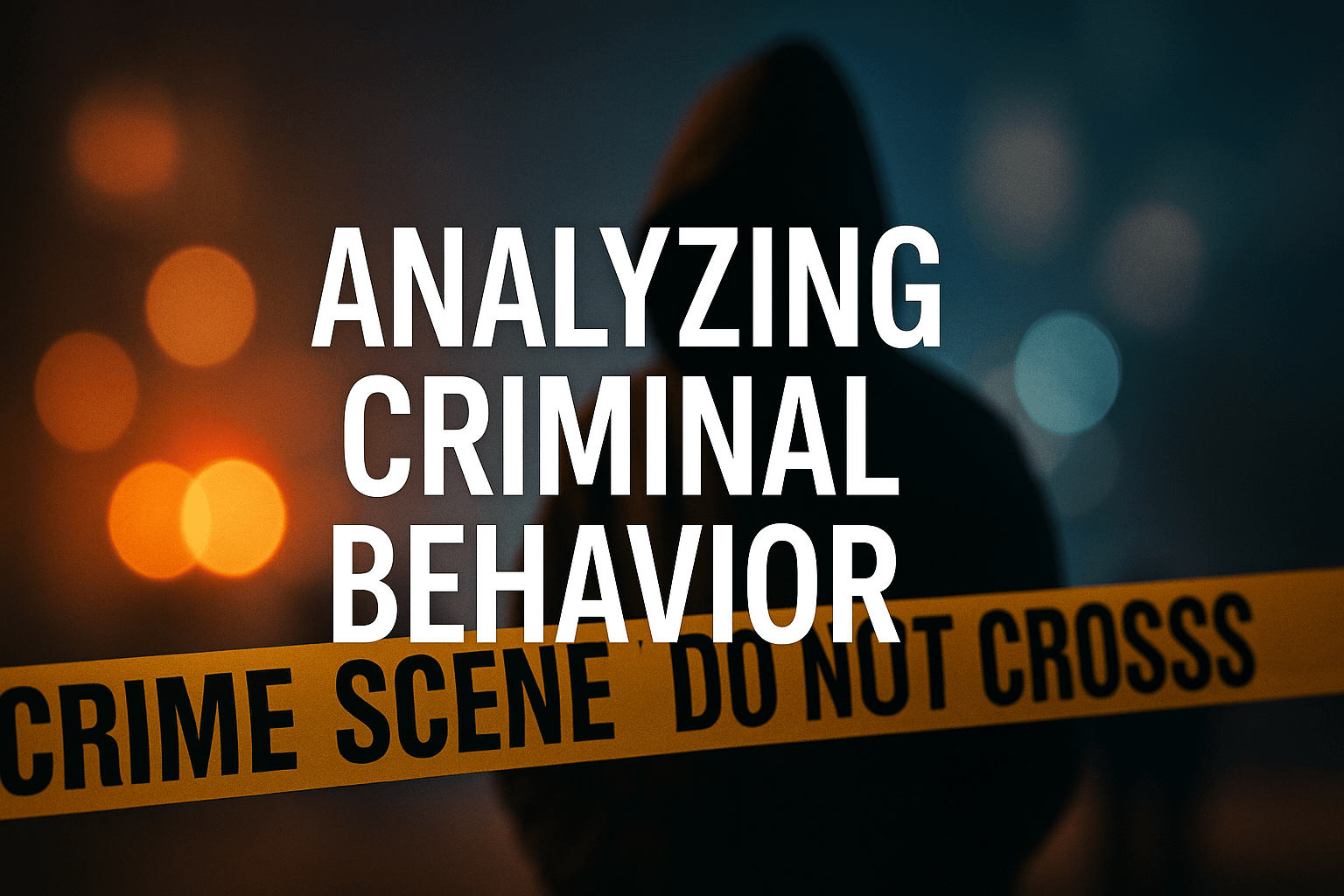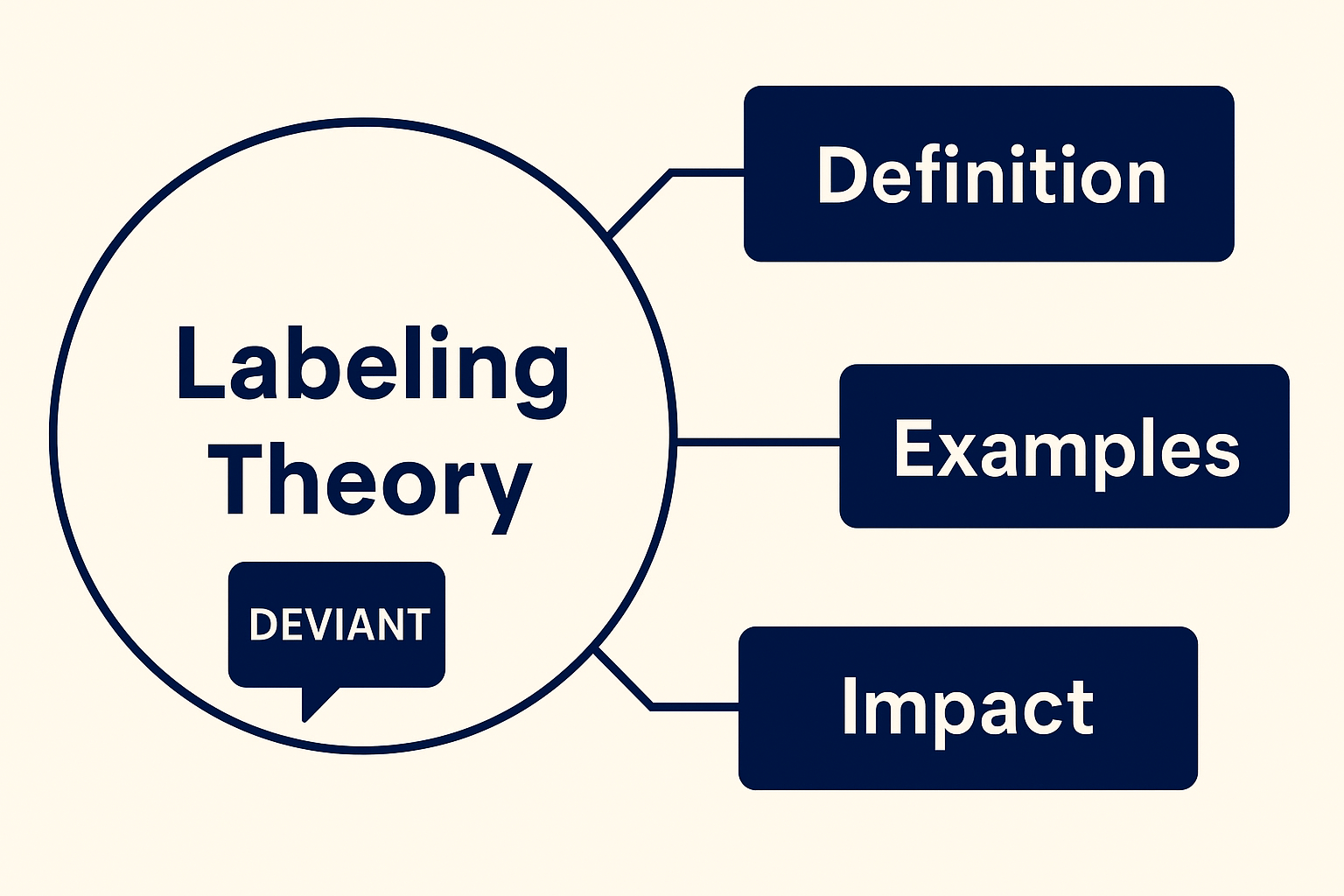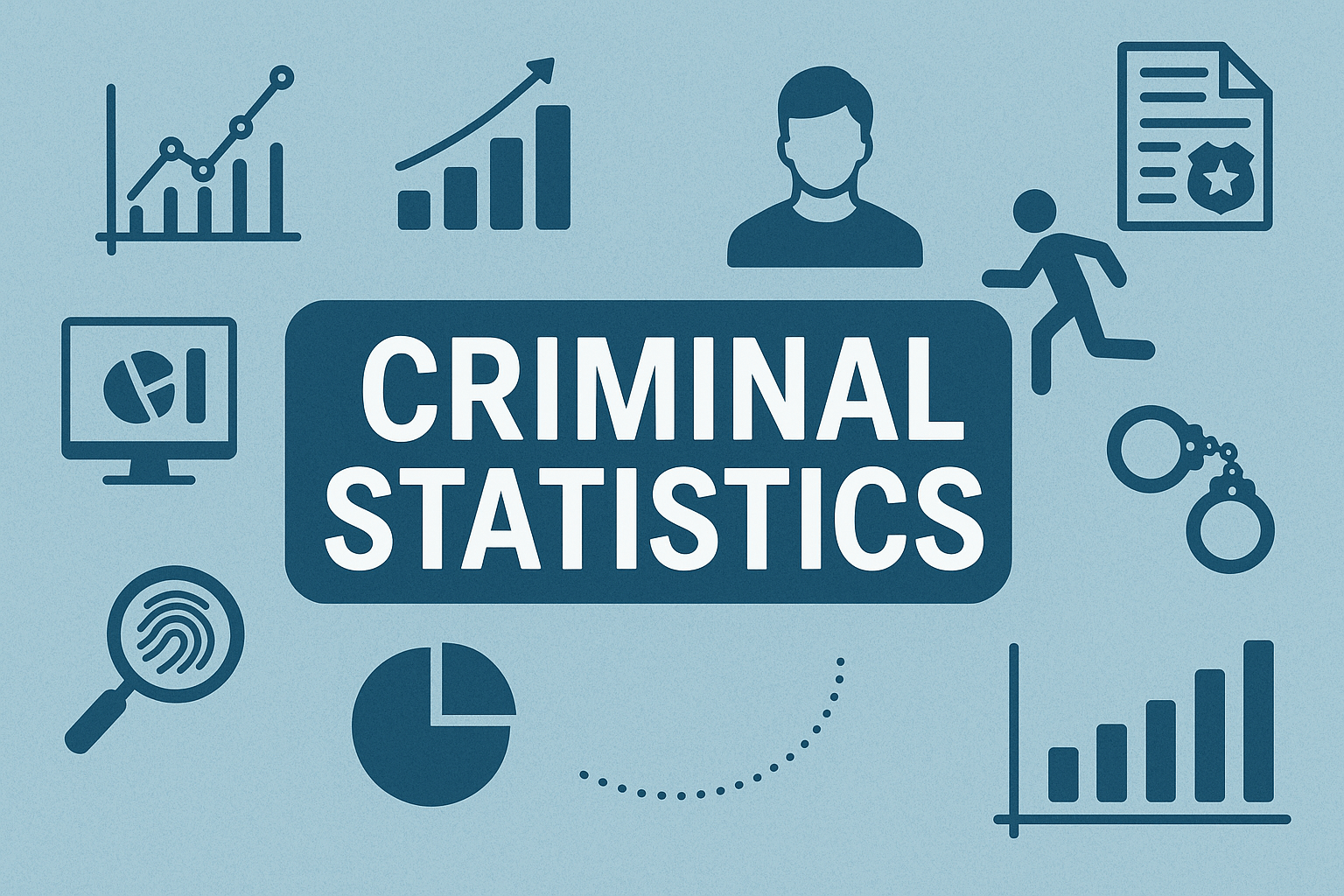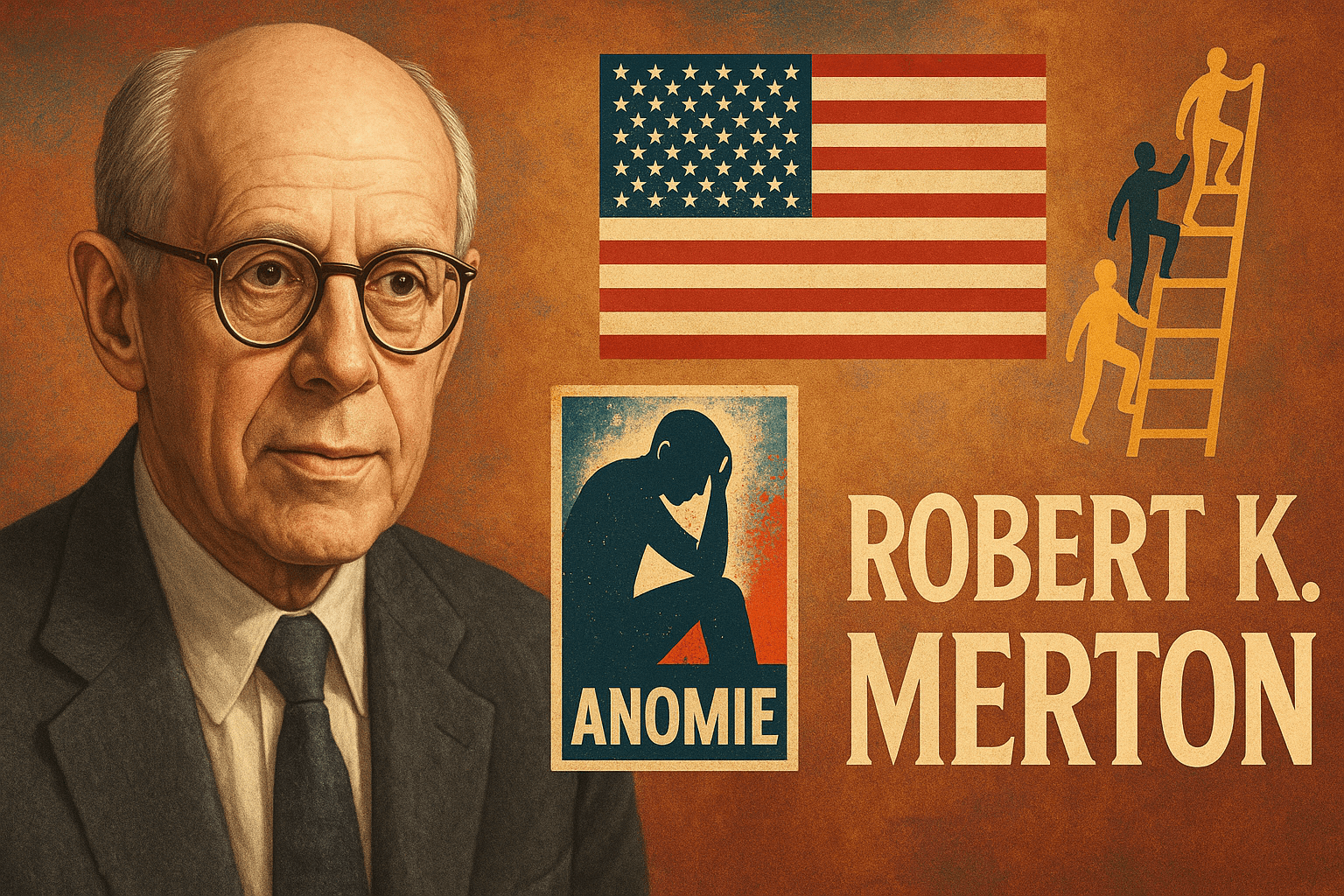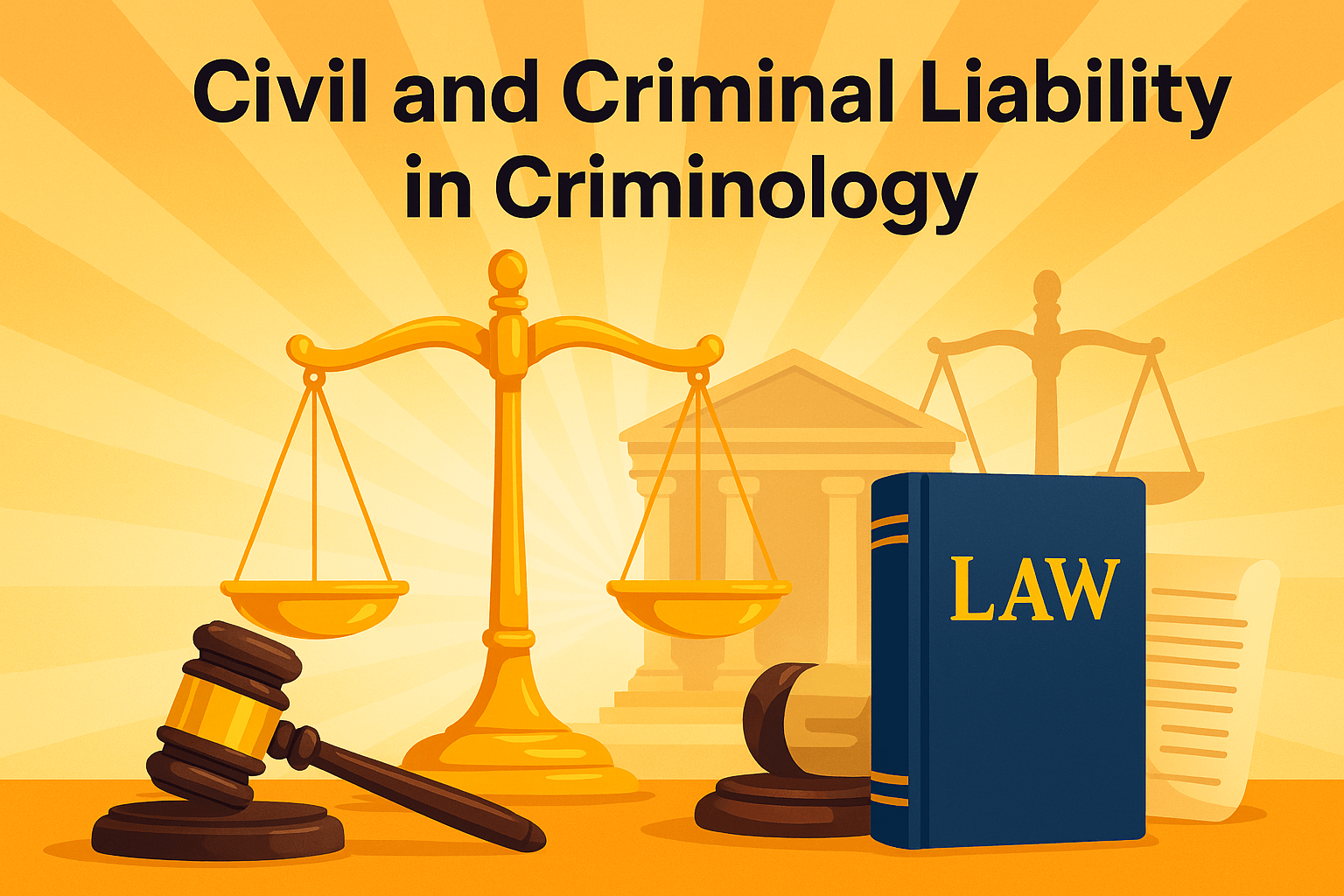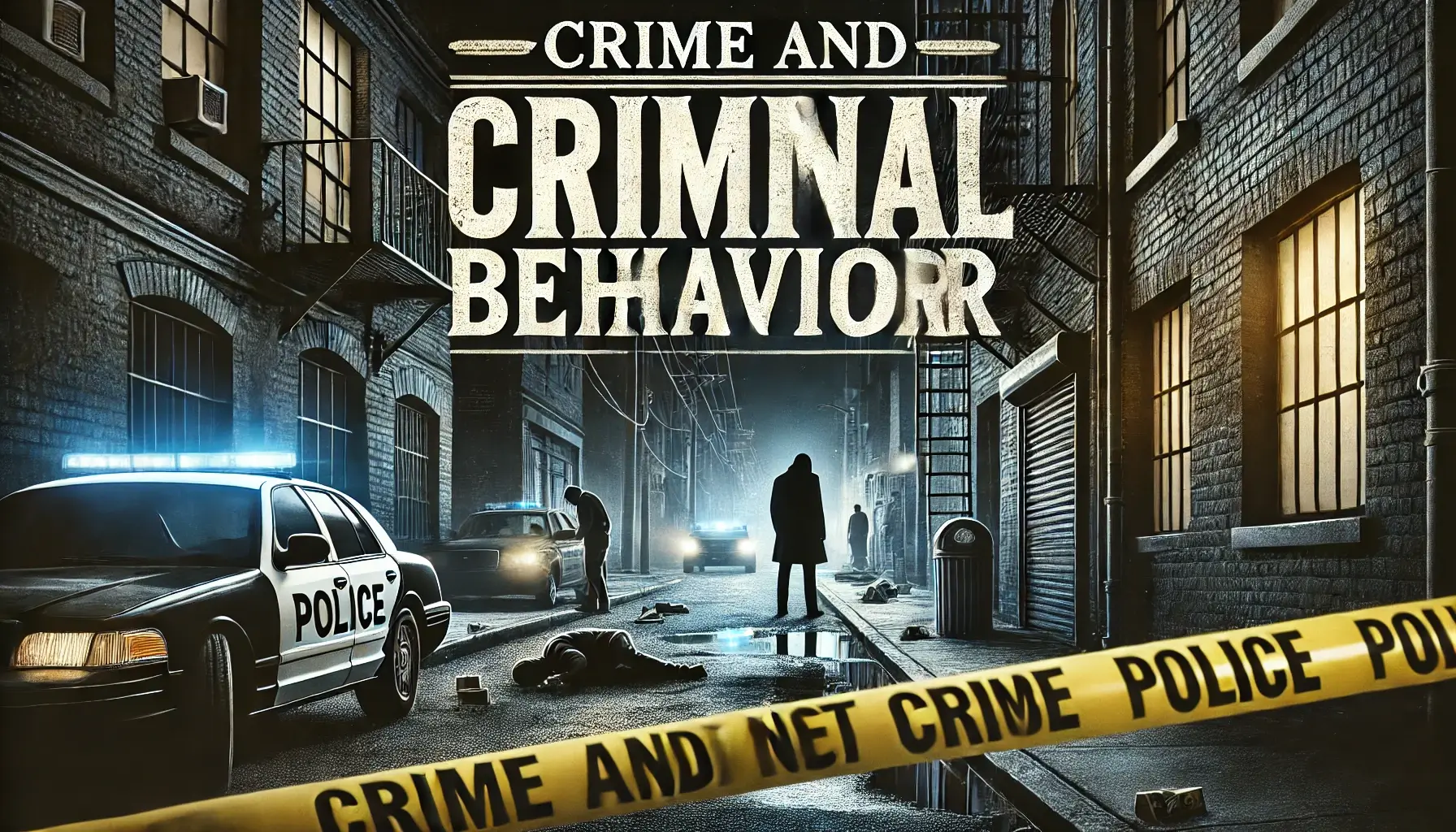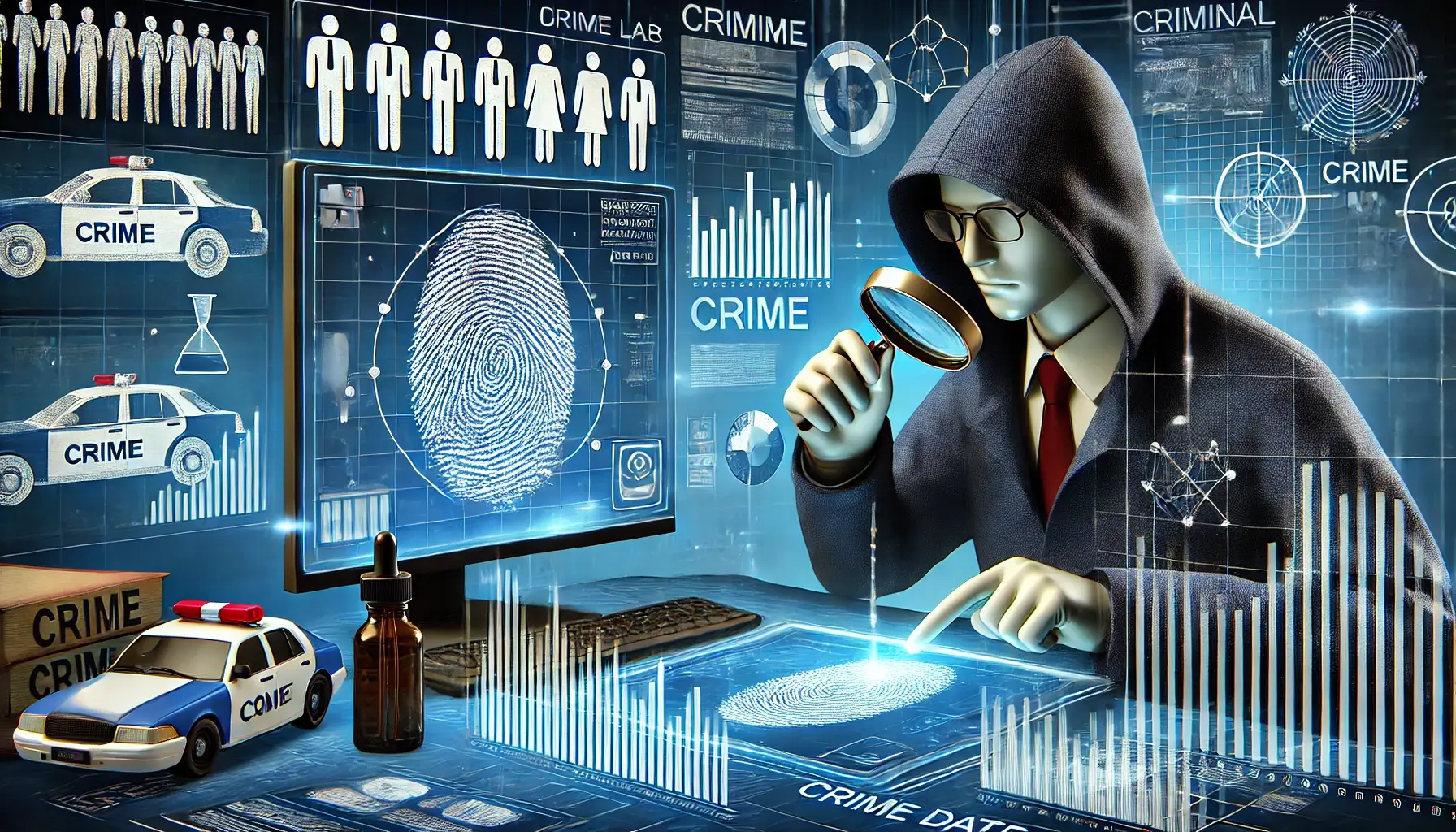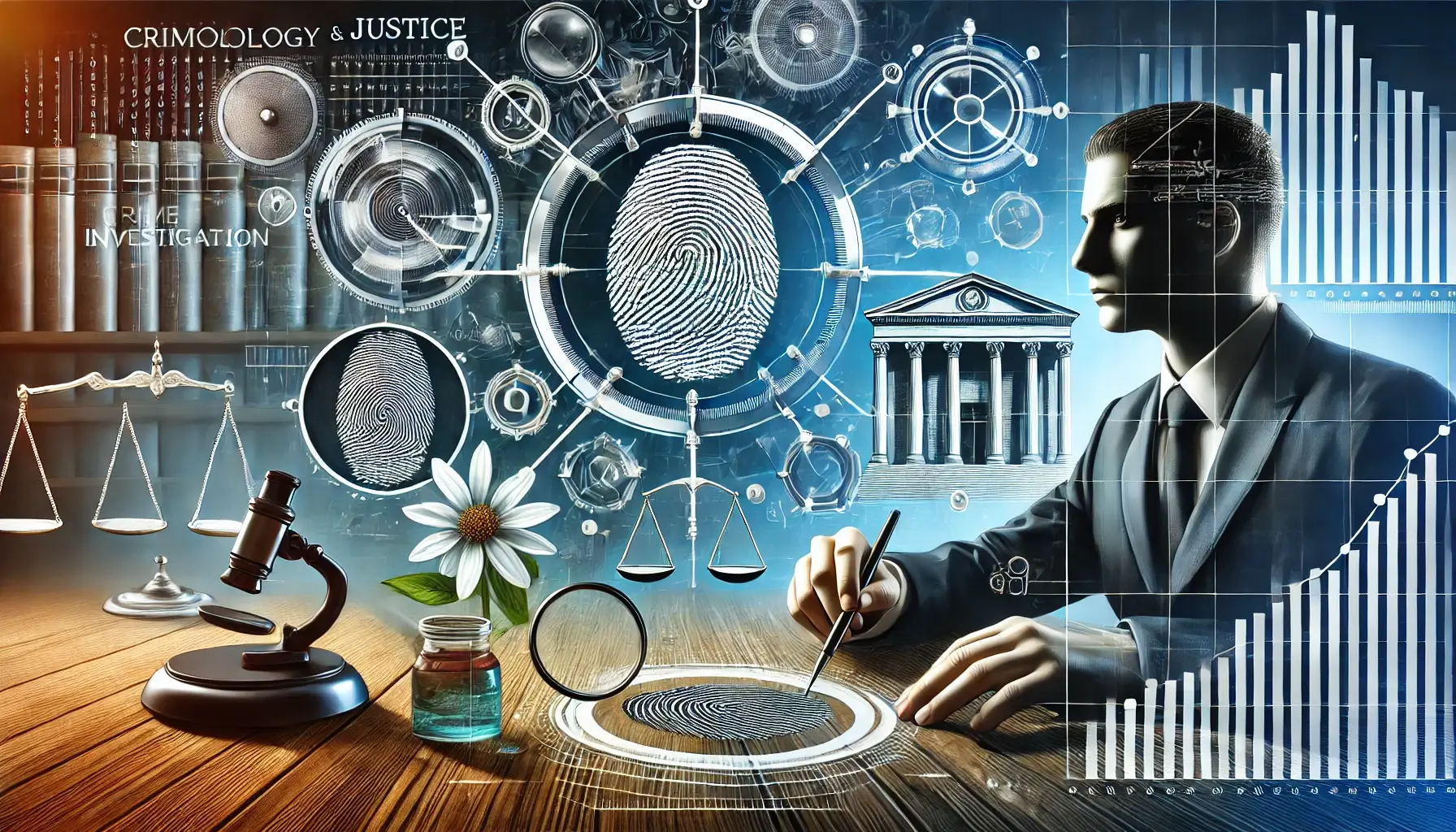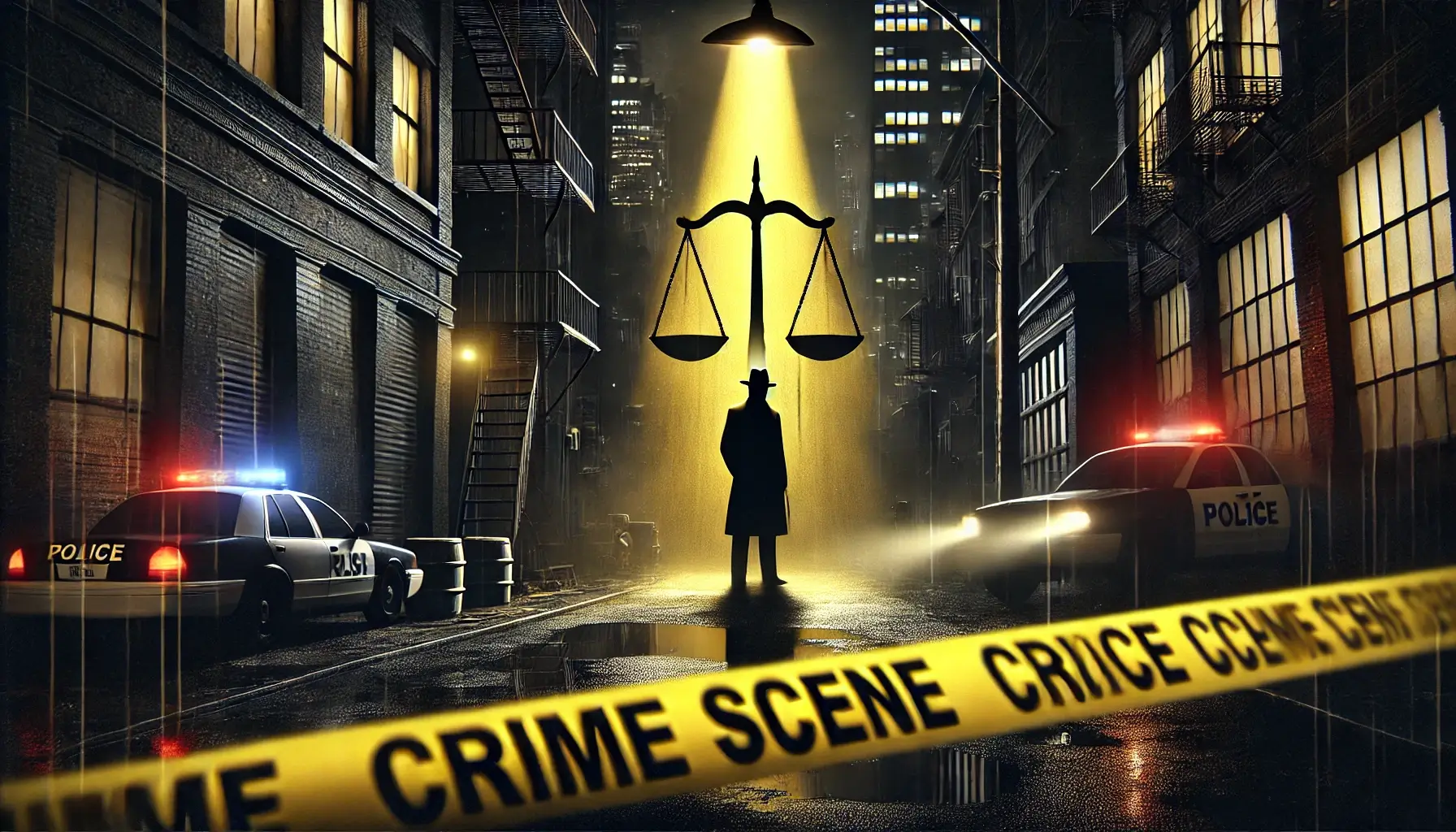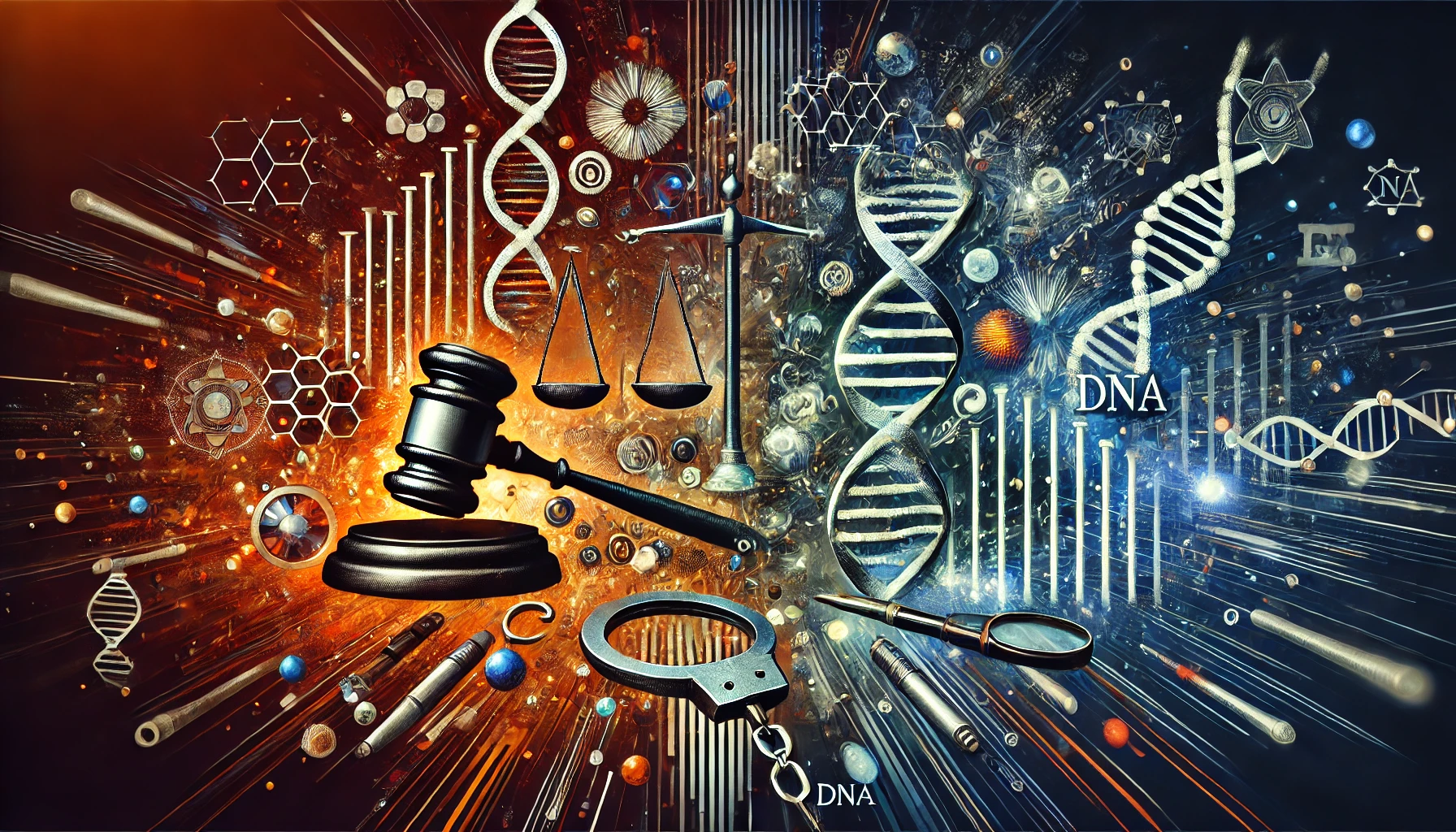Analyzing Criminal Behavior: Key Theories and Modern Approaches
Introduction: Why Analyzing Criminal Behavior Matters Understanding the causes and manifestations of criminal behavior is a cornerstone of modern criminology. Through the lens of psychology, sociology, biology, and law, analyzing criminal behavior helps researchers, law enforcement, and policymakers develop effective strategies for crime prevention, rehabilitation, and justice. This article explores the most significant approaches used … Read more

